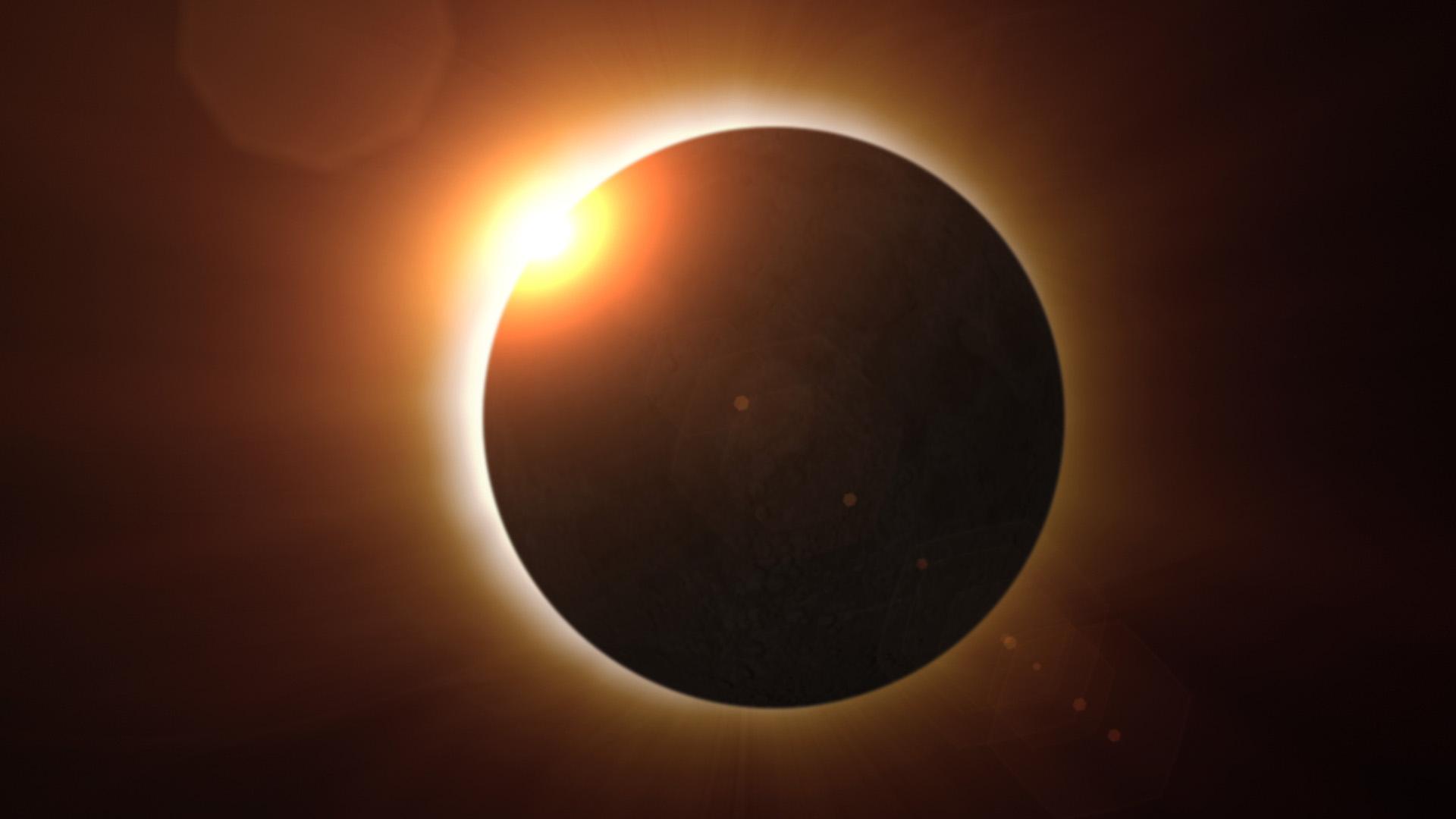Image of a total solar eclipse courtesy of NASA.
Rice Creek Field Station’s activities during the April 8 total solar eclipse proved such a hot ticket, they sold out well ahead of the once-in-a-lifetime event. Still, the field station will participate in a livestream of the entire event on the Oswego eclipse website.
“It’s going to be an interesting day, regardless [of] whether people are excited because of the celestial events or they’re excited because of other opportunities happening around campus related to the weather or biology or other things,” said Kristen Haynes, the assistant director of Rice Creek.
People will be able to participate in telescope viewing, along with making arts and crafts. There will also be multiple live-streamed shows from the Shineman Planetarium hosted between 12 and 3 p.m. by physics and astronomy faculty member Natalia Lewandowska and her students. Guests will also be allowed to explore the Rice Creek wilderness.
Animal behavior
Given the field station’s connections with nature, Haynes noted there may be different behaviors within ecosystems during the eclipse.
“We know that certain animals may start behaving in different ways, depending on where people are, if they even have dogs or birds, domestic or wild,” Haynes said. “They might start noticing some behavioral changes because certain animals may be thinking that nighttime is starting.”
Haynes said that her team is excited to make passive recordings of wildlife's responses.
“In general, I don’t think we’re necessarily going to see long-lasting effects on the ecosystem,” Haynes said. “But I do think we’re likely to see some interesting cases of diurnal (active during the day) species quieting down or doing their normal nighttime routine and more twilight nocturnal species becoming more active.”
With it being less than a month before the eclipse, many people are preparing for such a rare event in this geography. The next solar eclipse will not occur in Oswego for another 375 years.
For Oswego, the complete darkness of the eclipse is expected to last for a total of three minutes and 27 seconds. The location is within the center line of totality. For some other Central New York locations, including Syracuse, there will only be about one minute of totality.
Haynes said that it’s a cool opportunity to see things like solar prominences and sunspots.
“Normally, we can’t even look at the sun at all for very long,” Haynes said. “So to be able to have these special filters and get to appreciate the intricacy of the sun, I think that is a really neat experience, and it could be a cool way to spend that time leading up to totality and after totality.”
Haynes and others are looking forward to many aspects of the eclipse experience.
“I think I’m most looking forward to actually experiencing that disorienting feeling of the sudden onset of nighttime during the day and how that can sort of kick you out of your normal day-to-day mindset and make you think about our place in the universe,” Haynes said.
People attending the event are advised to bring safety glasses for viewing the eclipse. NASA recommends solar viewing glasses or a safe handheld solar viewer for use during the eclipse. Members of the campus community are eligible for one free pair of eclipse glasses via the SUNY Oswego box office.
While this event is sold out, Rice Creek Field Station offers many other programs throughout the year. Located on nearly 400 acres of mixed terrain accessible from Thompson Road, Rice Creek Field Station has served as a living and working laboratory and educational facility for more than 50 years. In 2013, the facility opened a 7,700-square-foot, state-of-the-art visitor center. Rice Creek’s five miles of hiking trails are open daily from dawn until dusk. Building hours are 8 a.m. to 4:30 p.m. on weekdays and 9 a.m. to 3 p.m. on Saturdays.
For more information, visit Rice Creek’s website at oswego.edu/rice-creek.
For more information on eclipse-related activities at SUNY Oswego, visit oswego.edu/eclipse.
-- Written by Ryan Ravenell of the Class of 2024




